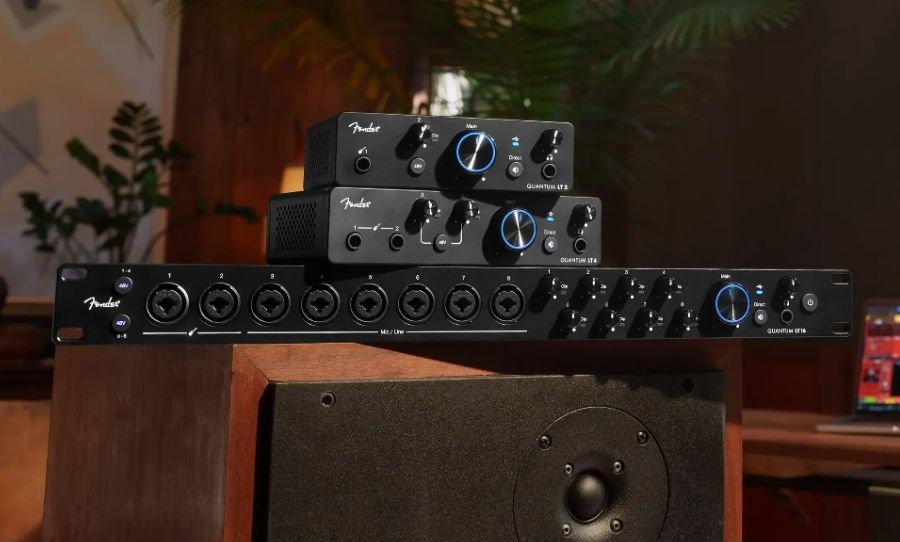AI-generated music dominates streaming platforms, forcing the industry to rethink creativity, authenticity, and human artistry.
Would you be able to tell if you were listening to AI-generated music? In a recent article credited to Jared Richards (Triple J), the AI-created band The Velvet Sundown was highlighted as a striking example.
The band went viral on Spotify, amassing hundreds of thousands of listeners before it was revealed that none of the members were real.

Fans quickly took to social media, debating which tracks were human-made and which were entirely synthetic.
Many were surprised at how convincingly AI could replicate the sound and style of real musicians, raising questions about the limits of technology and the value of authentic, human-made music.
There’s something unsettling about listening to music that feels alive but is entirely manufactured. AI-generated tracks can mimic the nuances of human emotion, yet they lack the lived experiences that give music its depth and authenticity.
Beyond the emotional impact, these synthetic songs compete directly with real artists for streams, playlist spots, and royalties, potentially undermining careers.
Listeners may connect with the melodies without realising they’re celebrating a creation with no human story behind it.
The process also raises ethical concerns, as AI often relies on existing recordings to train its models, repurposing someone else’s artistry without consent and blurring the line between inspiration and exploitation.
The human experience is almost impossible to fully capture in words, and music has always been an extension of that experience. Each note, lyric, and imperfection carries the weight of lived emotion.
Moments of joy, grief, or longing, all of which AI cannot truly replicate. Beyond the emotional impact, AI-generated music is reshaping the industry itself. Synthetic tracks compete for streams, playlist placements, and revenue, making it harder for human artists to gain exposure and earn a living.
While some musicians use AI responsibly to enhance creativity, the rise of fully artificial music risks commodifying what makes songs meaningful, blurring the line between art and algorithm, and challenging the very value of human artistry in a world increasingly dominated by machines.
Listen closely – discover the future of music and decide for yourself what feels truly human.



